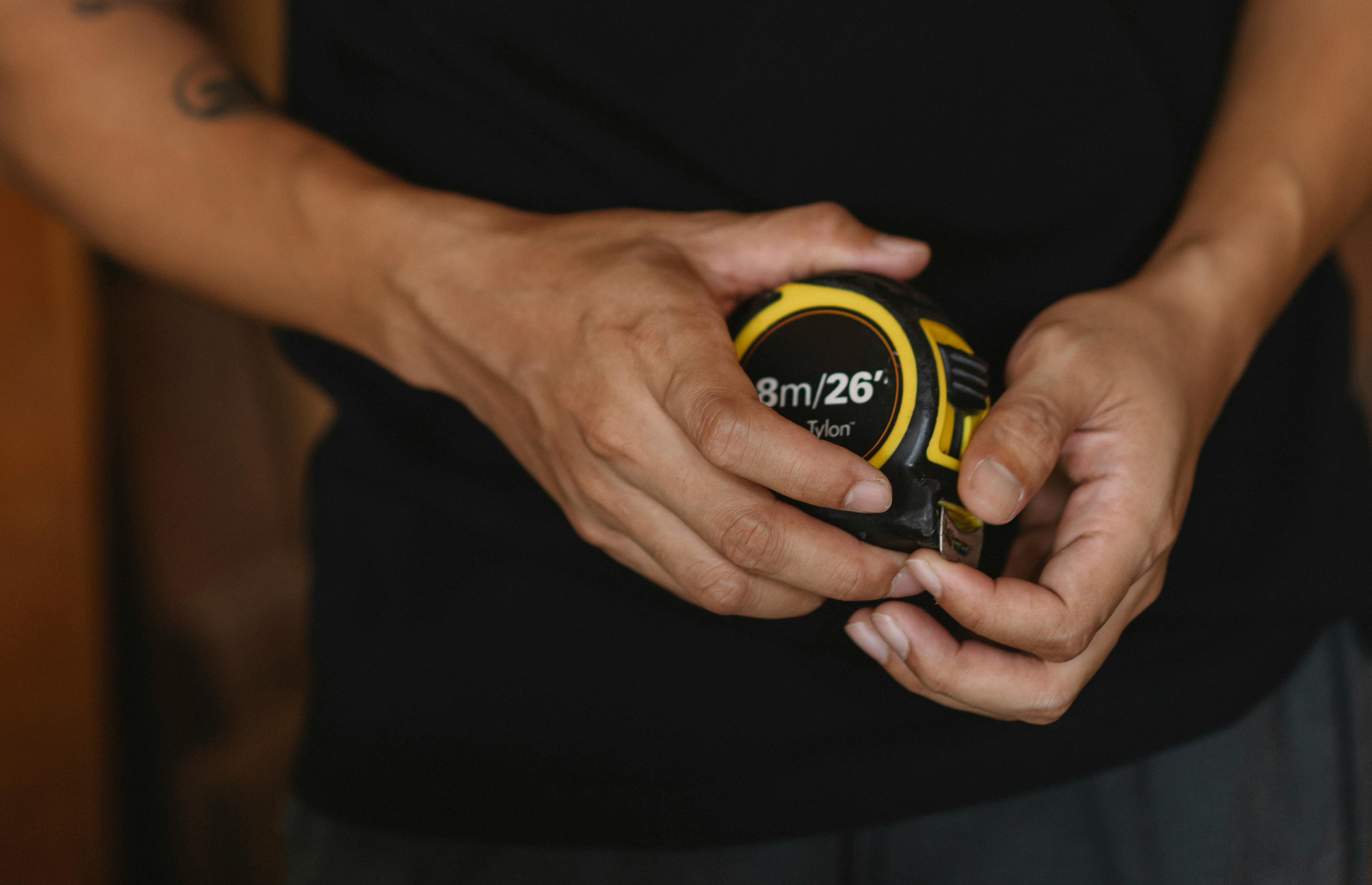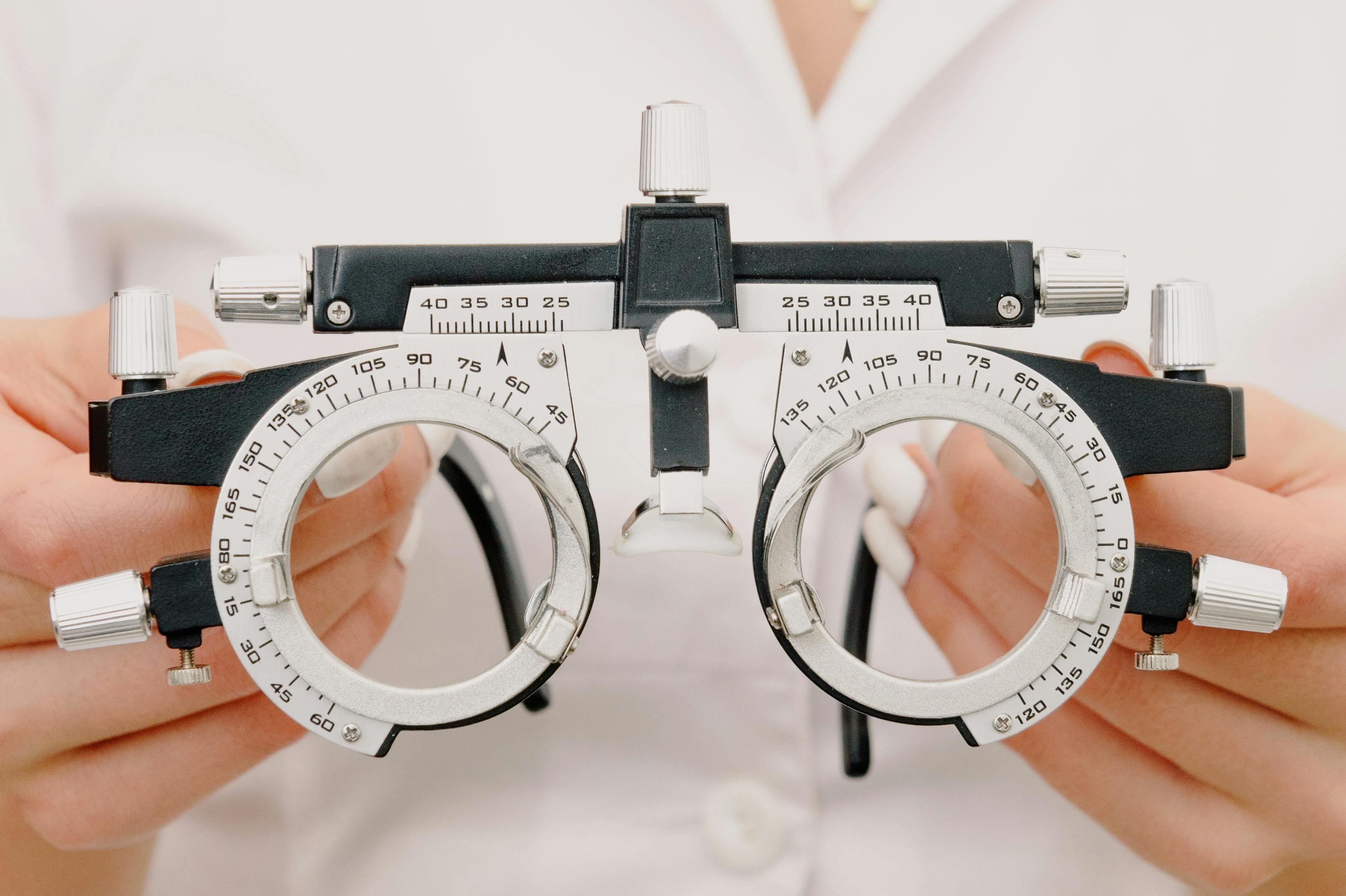Today’s world is competitive. No matter what you do, people are comparing and judging. Who got the best score on this test? Who is the fastest runner? Who is stronger, who works harder or who earns more?
Some people work hard to find fault with others. Maybe it’s to feel better, or maybe because they don’t want to believe that someone else worked harder, studied harder, and is better.
Probably a mix of both.
Every human being is critical, it is inevitable. By judging, we determine how we should act in a given situation. By seeing the consequences of other people’s actions, we determine how we want to live. By simply making a decision, you have made some kind of judgment.
It is woven into the very fiber of our being. It can be traced back to the years when humans lived as tribes. If you were better, you were more important. If you fit in, you stay in the tribe. So people judge with the subconscious goal of rising above their peers.
This self-stance to build self-esteem and importance has many symptoms. Two of them impede the learning process. One breeds perfectionists, a being so consumed by the thoughts of others that they never do anything because they can’t stand someone criticizing them. The second symptom closes. Quitters give up when they don’t succeed right away.
Fortunately, as I said above, these are just symptoms. Symptoms that can be solved with the treatment of the disease:
The mentality of a person.
If allowed to run rampant, a bad mindset destroys any chance of success or happiness you may have. A poor mindset creates frustration, depression, burnout, and many other problems.
The aspect of mindset that I want to address in this article is that society perceives mistakes. More specifically, the frustration of each person or the fear of mistakes and failure.
When you make a mistake, how do you feel? What actions do you take after making a mistake? Please take some time to think about this before you continue reading this article. Again, what do you feel, do or think when you make a mistake or fail?
First, let’s talk about how you probably feel. You may feel frustrated, angry, or upset. Your level of anger depends on the importance you give to your failure or your mistake, but there are no feelings of happiness.
The emotions that come with failure are detrimental when you are trying to learn to play an instrument. It slows your progress, keeps your goals out of reach, and makes learning unpleasant. It will burn you out quickly and destroy your passion.
When you stop enjoying the learning process, you may end up giving up on your goals and dreams.
This is more true in today’s society where everyone craves instant gratification. The longer it takes to learn and the more excruciating the process, the faster he will give up.
To cure this problem, all you have to do is enjoy the learning process. What prevents you from enjoying the process?
His answer: All errors and difficulties.
My Answer: Your thought process when you fight.
From now on this is how I want you to think, act and feel when you can’t do something correctly.
You should be excited when you can’t do something correctly.
This sounds strange, I know. Why would you be happy when you mess something up or fail at something?
You should feel happy that you have identified an area in which you can improve. Congratulations! Now you know what to work on to become a better player!
Now to address the second part of the initial question: what do you think about when you make a mistake? You are probably thinking about the mistake you just made.
A good example is when a beginner tries to play a basic G chord on a guitar. In most cases, the beginner struggles to get all the strings to sound right. So what do they do? They get frustrated and keep playing the G chord until all those strings ring.
They keep thinking only of those strings that sound. They are so focused on the symptom that they cannot find the real cause of their problem. If you only focus on the symptom, you will continue to play poorly, in the same way, and you will get frustrated.
If you diagnose the problem, you can find the cause. Then you can apply exercises and other tools to solve the real problem. The symptoms will disappear and you will be one step closer to achieving your goals, all because you focused on finding the cause and developing solutions. This is how you will achieve your goals.
The following words of wisdom helped me when I was learning guitar and voice:
DO NOT focus on the sound. Focusing on sound will set you up for failure and disappointment. Focus on how it feels to play or sing. That is where you will find your real problems.
You don’t need to be perfect right now. What you have to do is get up every morning with the intention of improving yourself. These days will add up and in a short time you will be or have exactly what you wanted.
The only time you should be upset is when you can’t find a bug because this means you have no idea how to improve. You are stuck on a plateau and you don’t know how to get out. That’s when you should be angry.
Which brings me to my last point.
Diagnosing a specific problem in your playing can be a guess-and-check process, if you’re trying to teach yourself. This does not mean that you will not improve, but it is likely that your progress will be much slower.
Your best option is to find a specialist who already knows how to cure the symptoms you are facing. This is true for anything. Guitar, voice, cooking, sports and even starting a business.
If you are trying to learn guitar or voice on your own, my suggestion is this:
Please note that playing an instrument should not be forced or artificial. When you’ve got the hang of it, it should feel like second nature. If not, you can’t focus on the music you’re creating.
To diagnose the cause of your problem, ask yourself this question:
What am I thinking right now?
Whatever you’re thinking about is probably the area you need to work on.
Here’s an example, once again on the subject of basic chords.
If you tried to play the G chord correctly and didn’t, you probably thought about playing that chord or concentrating on where your fingers should be on the fretboard. Because you needed to think about it, you haven’t mastered that chord form yet. If you can master that chord shape, you’ll be one step closer to achieving your goals.
That was just a symptom that we deduced.
If you’re trying to find the cause, that’s where guess-and-control comes in, and where a teacher can come in handy. They already know the causes of their symptoms and how to fix them. If you have the means to do it, find a teacher. If you’re teaching yourself, it’s about changing certain things that you’re doing to find out what the actual cause is, and then trying to find an exercise that will help you fix this problem.



